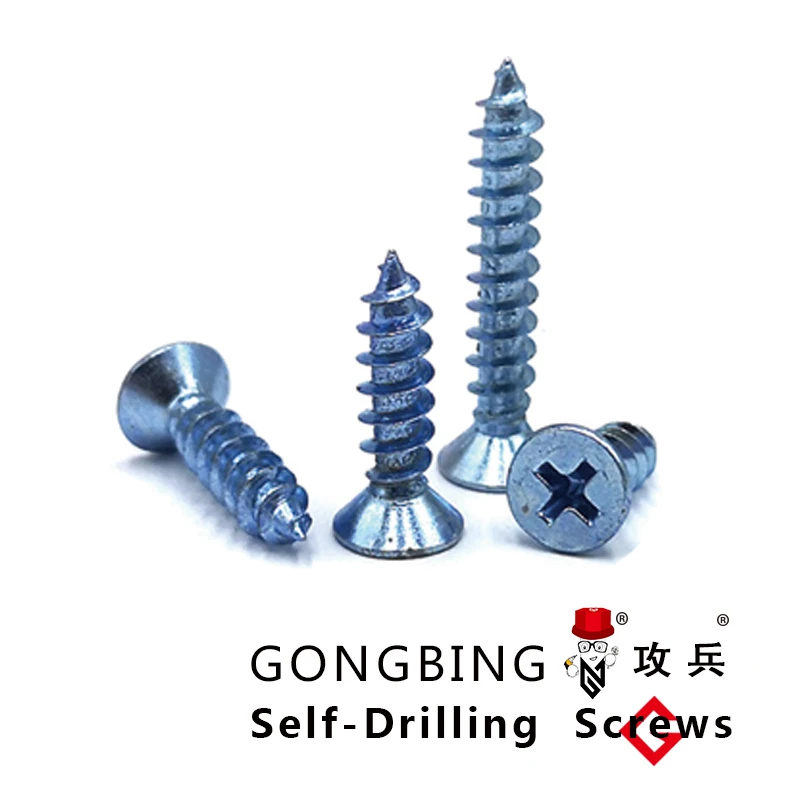chemical bolts concrete
The Role of Chemical Bolts in Concrete Applications
Concrete is one of the most widely used construction materials in the world, known for its strength, durability, and versatility. However, in many construction scenarios, the integrity and reliability of concrete structures can be enhanced through the use of chemical anchors, commonly referred to as chemical bolts. These specialized fasteners play a crucial role in ensuring that structural elements are securely attached to concrete, providing stability and safety in various applications.
Chemical bolts offer a significant advantage over traditional mechanical anchors, especially in conditions where high loads or dynamic forces are present. They consist of a resin or adhesive that is injected into a pre-drilled hole in the concrete, followed by the insertion of a threaded rod or bolt. As the chemical reaction occurs, the resin cures, creating a strong bond between the bolt and the concrete, offering improved load-bearing capacity and resistance to shear forces.
The Role of Chemical Bolts in Concrete Applications
Moreover, chemical bolts are highly effective in applications involving heavy machinery, equipment, and structural elements. In industrial settings, where loads can fluctuate dramatically, these anchors provide the necessary strength and stability to ensure safe operations. They are commonly used in installations such as conveyors, storage racks, and heavy machinery mounts, where reliability is paramount.
chemical bolts concrete

In addition to their strength, chemical bolts are also versatile. They can be used in various concrete types, whether it be precast, cast-in-place, or reinforced concrete. This adaptability makes them an excellent choice for a wide range of construction projects, from residential buildings to large industrial complexes.
Installation of chemical bolts is relatively straightforward but requires careful attention to detail to ensure optimal results. The process involves drilling a hole to the proper depth and diameter, cleaning the hole to remove any dust or debris, injecting the appropriate resin, and then inserting the anchor. The curing time can vary based on the specific product used, so it is essential to follow the manufacturer’s guidelines to achieve the best performance.
Safety is another critical aspect when it comes to using chemical bolts. Proper installation not only improves the effectiveness of the anchor but also minimizes the risk of failure. Regular inspections and adherence to load specifications are vital in maintaining the integrity of any structure that utilizes chemical bolts.
Overall, chemical bolts are an innovative solution that addresses numerous challenges in concrete construction. Their ability to provide strong, reliable fastening solutions in diverse conditions makes them a valuable choice for engineers and contractors. As technology continues to evolve, the formulations of chemical anchors are becoming more advanced, offering greater strength, faster curing times, and improved resistance to various environmental factors.
In conclusion, the importance of chemical bolts in concrete applications cannot be overstated. They enhance the safety and reliability of structures by offering superior performance in challenging conditions. As the construction industry continues to grow and adapt to new challenges, chemical bolts will undoubtedly remain an essential component in the toolkit of modern construction practices. Their role in ensuring the longevity and integrity of concrete structures is critical, making them a staple in both commercial and residential projects.
-
Weatherproof Plastic Expansion Anchors for OutdoorখবরJun.06,2025
-
Sustainability in the Supply Chain: Eco-Friendly TEK Screws ProductionখবরJun.06,2025
-
Load-Bearing Capacity of External Insulation FixingsখবরJun.06,2025
-
Double Head Bolts: Enhancing Efficiency in Industrial MachineryখবরJun.06,2025
-
Corrosion Resistance in Chipboard Screws: Coatings for Wholesale DurabilityখবরJun.06,2025
-
Butterfly Toggle Bolts : Enhancing Structural ResilienceখবরJun.06,2025
